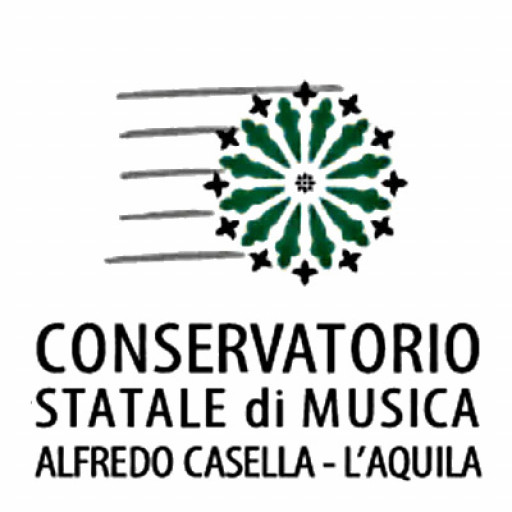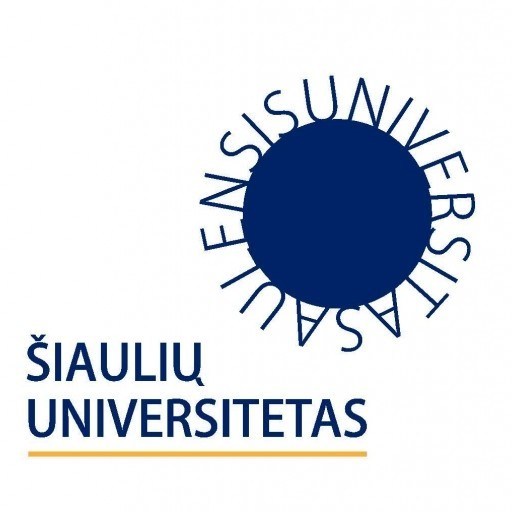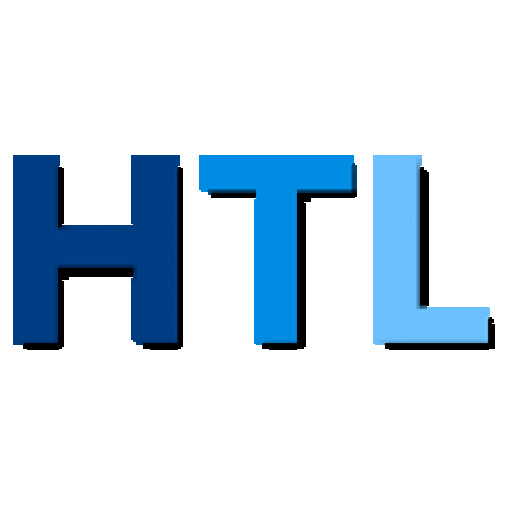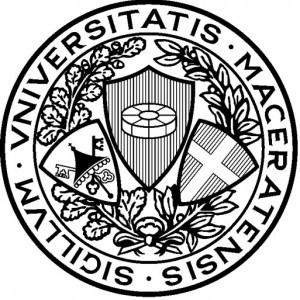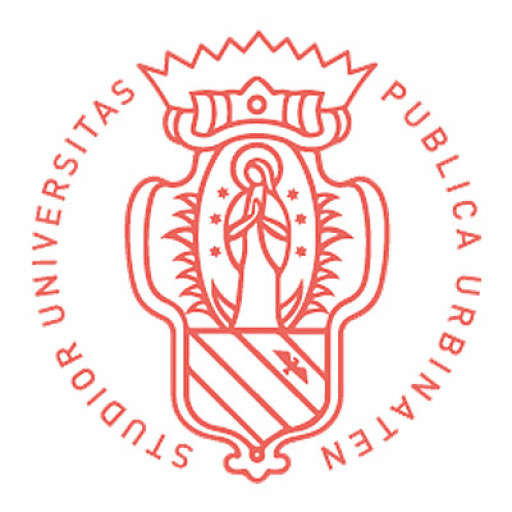Photos of university
Program Title: Master's Degree in German as a Foreign and Second Language (DaF/DaS) at Bielefeld University
The Master's program in German as a Foreign and Second Language (DaF/DaS) at Bielefeld University is a comprehensive and interdisciplinary course designed to prepare students for careers in language teaching, research, and language policy related to German as a foreign or second language. This program combines theoretical linguistics, language pedagogy, intercultural communication, and applied linguistics to equip graduates with the necessary skills to effectively teach and research German language competencies in diverse international contexts.
Students will engage in advanced language acquisition theories, develop practical teaching skills through internships and teaching practicums, and explore intercultural competence necessary for teaching in multicultural environments. The curriculum emphasizes both individual language proficiency and pedagogical expertise, offering courses on language assessment, curriculum development, translation, and digital didactics. Research seminars and projects are integral parts of the program, allowing students to specialize in areas such as language policy, intercultural communication, or translation studies.
The program is suitable for graduates aiming to work as language instructors in schools, universities, cultural institutions, or as language consultants and curriculum developers. It also prepares students for doctoral research in linguistics, language didactics, or related fields. Bielefeld University emphasizes an international outlook, multicultural classroom settings, and research-led teaching, making this program ideal for students seeking a global perspective on German language teaching and learning. Graduates will be equipped with advanced language skills, pedagogical strategies, and intercultural competence, positioning them well for careers in academia, education, or international organizations involved with German language promotion and intercultural exchange.
Educational organisation
Courses take the form of lectures, seminars and tutorials.Independent work as well as active participation in academic discourse is expected and encouraged.
Internships
Practical experience inside or outside of Germany is part of the programme. Programme advisers will assist students with finding an appropriate internship.Forms of assessment
- Seminar paper
- independent study
- study/research project plus presentation
- oral exam
- written exam
Course objectives
The participants acquire theoretical and practical knowledge as well as skills in the fields of second/foreign language research (language teaching and learning research, teaching of foreign and second languages, second language acquisition research), linguistics, literary and cultural studies including:- knowledge of theories, methods, and findings of foreign and second language acquisition research, language learning and teaching research and language teaching, and their application in the field of German as a second/foreign language
- knowledge of pedagogical and psychological theories and models of teaching and learning and their application to planning and evaluating one's own teaching of German as a second/foreign language
- analysis and description of the German language from a foreign perspective
- knowledge of linguistic methods and models and their application to analysis and description of German as a second/foreign language
- knowledge of methods in contrastive linguistics and their application in the teaching of German as a second/foreign language
- knowledge of theories and models of language use (pragmalinguistics, sociolinguistics, communication theory) and their application in the teaching of German as a second/foreign language
- knowledge of theories and models of literature and text linguistics and their application in the analysis and teaching of expository and poetic texts
- finding, documenting and analysing material on cultural themes and making it applicable to one's own teaching of German as a second/foreign language
- evaluating media (CD, video, DVD) and multimedia information and communication technology (e-mail, internet) with respect to the teaching of German as a second/foreign language
- analysing and teaching language for specific purposes
- planning and evaluating teaching and learning processes by means of methods such as observation, written protocols, etc.
Language requirements
Good knowledge of German is required and must be documented with a TestDaF certificate with at least a level 4 result, a GDS or KDS certificate ("Großes/Kleines Deutsches Sprachdiplom"), a DSH certificate ("Deutsche Sprachprüfung für den Hochschulzugang ausländischer Studienbewerber") with at least level 2, or equivalent. English reading skills are required.Required DSH / TestDaF
YesAcademic requirements
Equivalent to German "Abitur"Enrolment fees
Currently approx. 270 EUR per semester, including a ticket for public transport in the city of Bielefeld and the whole state of North Rhine-WestphaliaCosts of living
The following monthly costs can be expected: the rent in a student hall of residence, in private halls, rooms, or flats amounts to about 300 EUR per month; health insurance is about 80 EUR per month; and a meal in the students' canteen (Mensa) costs less than 3 EUR. According to lifestyle, about 150 EUR per month can be expected to be spent on food. So the cost of living amounts to approx. 670 EUR monthly, i.e. some 8,000 EUR per year.Job opportunities
Basically, international students are allowed to work parallel to their studies for 120 full days or 240 half days per year without a work permit once they have successfully completed preparations for their studies and started a course.A limited number of jobs are available at the university; however, jobs for students can also be found in companies in and around Bielefeld.
Arrival support
The International Office (address see below) will provide all important information and, if necessary, will provide assistance with orientation in Bielefeld and studying at the university, or with topics such as accommodation and events for students from abroad. It also offers a wide range of cultural events and excursions for international students.Additionally, Bielefeld University offers a personal tutoring programme for all foreign freshmen and participants of the German language courses. The so called "brother-sister-programme" arranges the support from a more advanced student, who accompanies the newcomer in getting to know university campus and relevant institutions at Bielefeld University, in exploring the city, and in getting over the hurdles of registration and other bureaucratic formalities.
For further information, see: http://www.uni-bielefeld.de/%28en%29/International/Students/index.html
Furthermore, the faculty and the department provide all relevant information, including orientation programmes before the semester starts.
Services and support for international students
"PunktUm" offers a language support programme including seminars and workshops developed for the specific academic and linguistic needs of students at different levels during their studies. These modules are geared towards the distinct academic requirements students are confronted with (giving presentations, essay-writing, outline-writing, thesis-writing etc.).For further information, see: http://www.uni-bielefeld.de/Universitaet/Studium/Studienbegleitende%20Angebote/Punktum/
Accommodation
In Bielefeld, a broad range of accommodation options can be found at affordable prices.There are 17 halls of residence run by the public "Studentenwerk" and private organisations. Additionally, single apartments as well as rooms in shared flats with other students are available. The rent for a room in Bielefeld amounts to about 180 to 300 EUR per month. The International Office supports students who are searching for accommodation.


